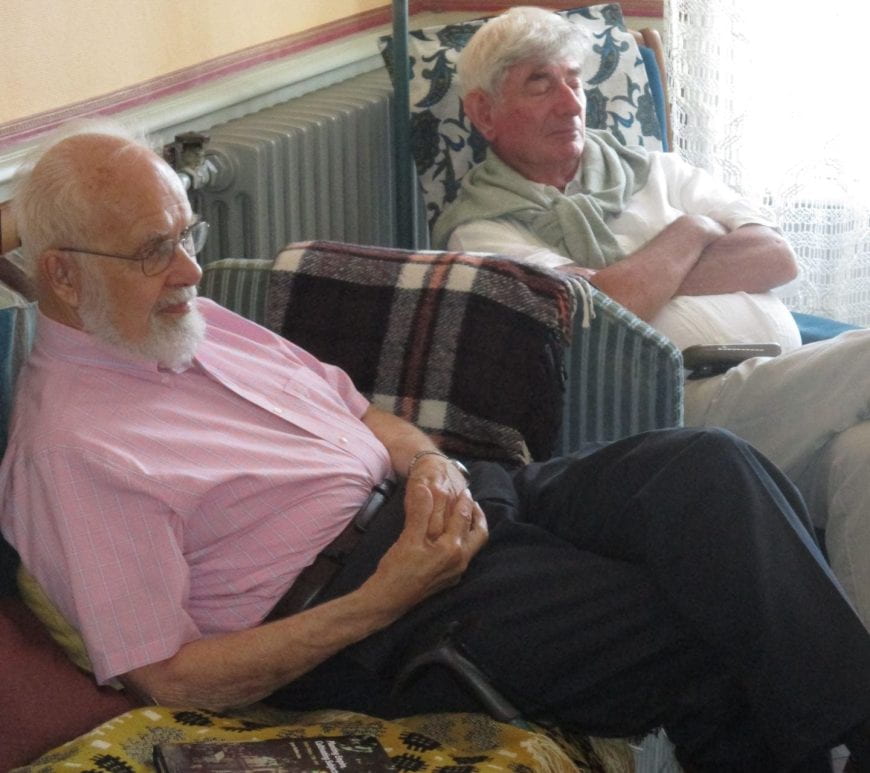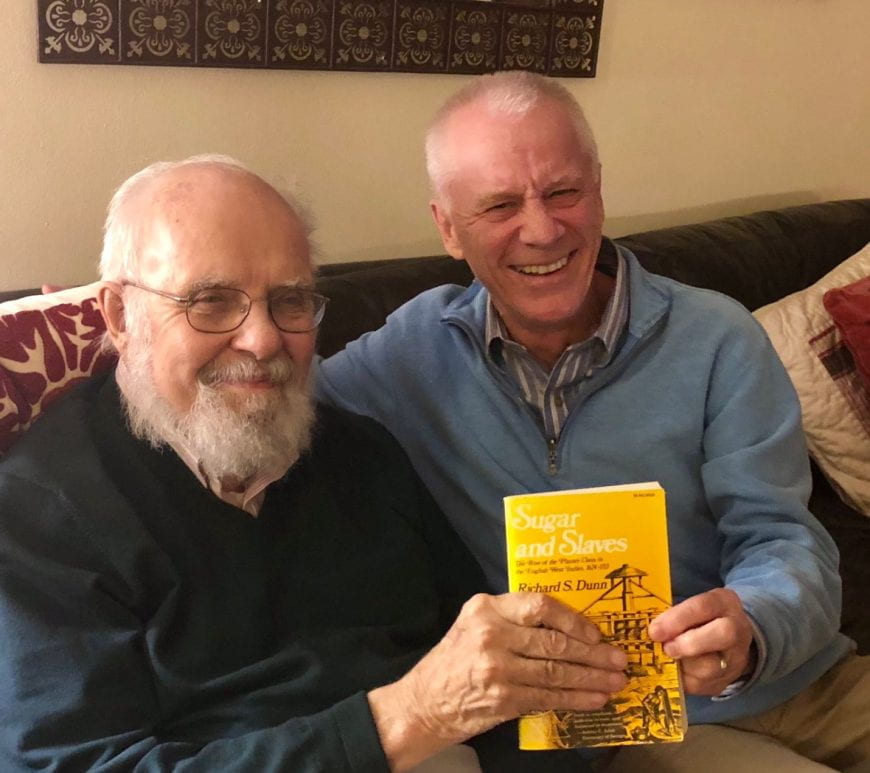
Richard S. Dunn: The Historian I Knew before Sugar and Slaves – Nicholas Canny
My first meeting with Richard Dunn was on the day after Labor Day 1967 when I reported to the History Department at the University of Pennsylvania to take up the four-year fellowship I had been awarded to sustain my study for a Ph.D. in history. My ambition was to write a dissertation that would position the plantations the English government promoted in Ireland during the sixteenth and seventeenth centuries within…









